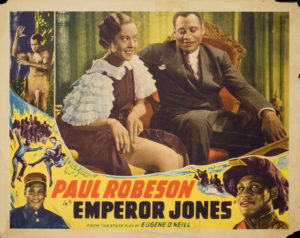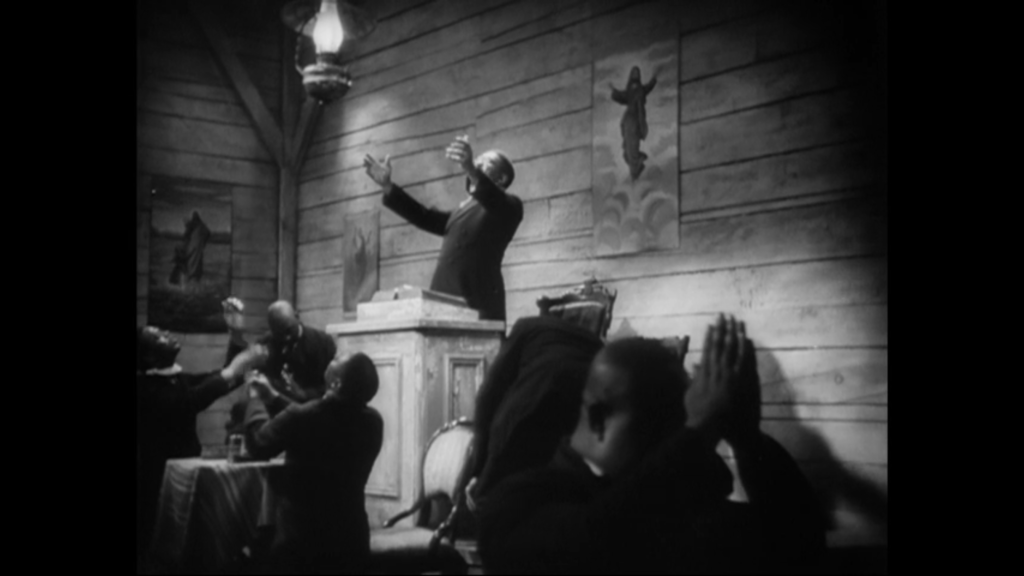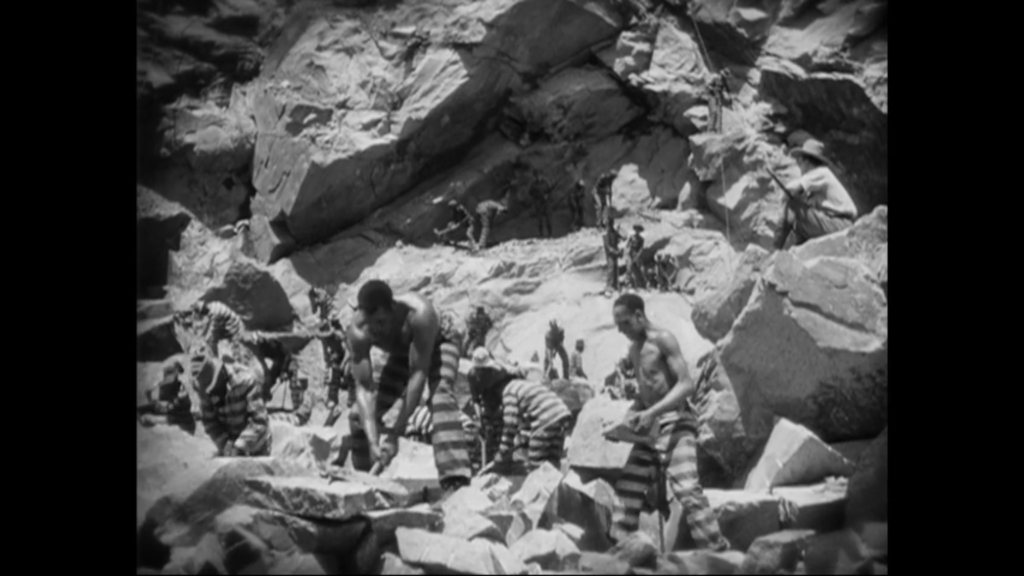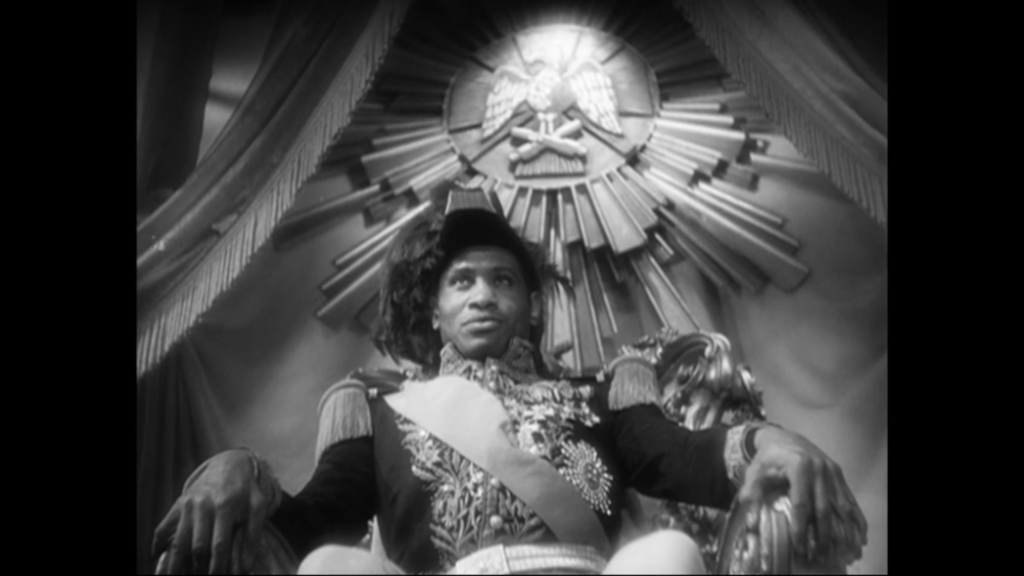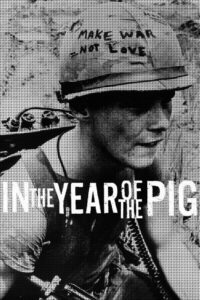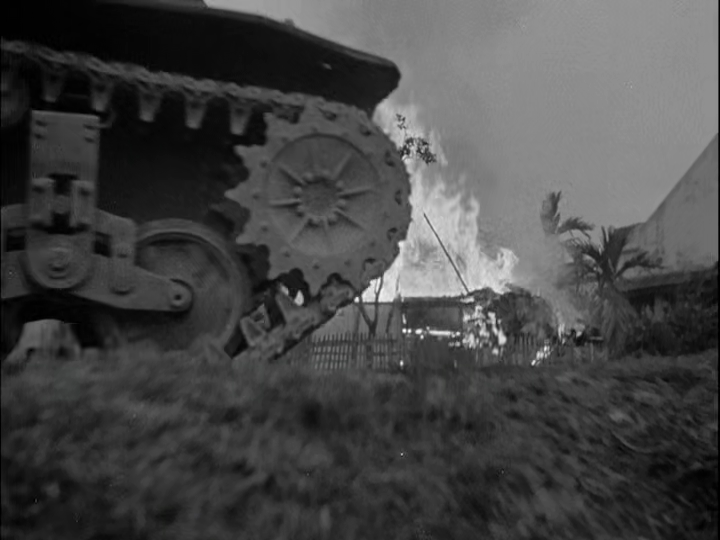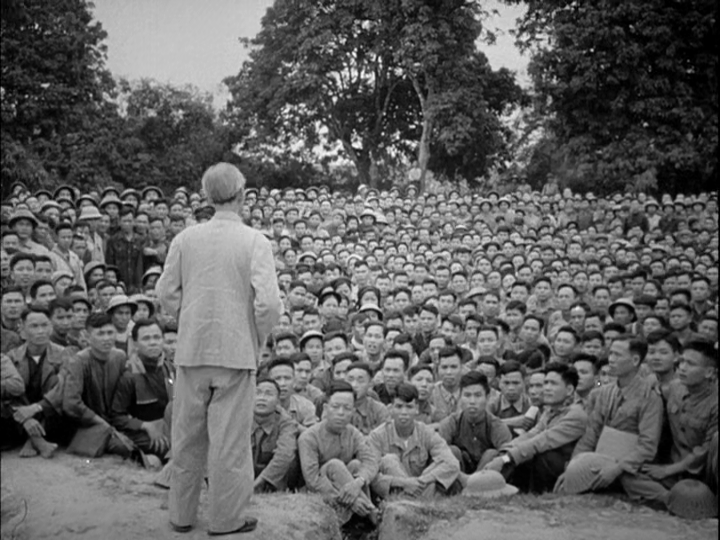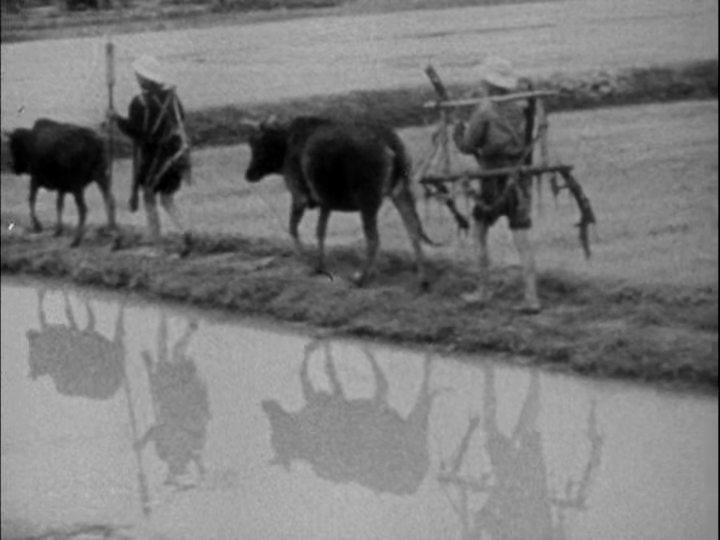|
Genres, Themes, Actors, and Directors:
- Bruce Dern Films
- Character Arc
- Disabilities
- Hal Ashby Films
- Homecoming
- Infidelity
- Jane Fonda Films
- Jon Voight Films
- Love Triangle
- Sexuality
- Veterans
- Vietnam War
Response to Peary’s Review:
Peary writes that this Hal Ashby-directed “breakthrough anti-Vietnam War film” also “makes a persuasive plea for more sensitive treatment of returning vets… whether they are physically injured, thoroughly disillusioned by their experiences, or having difficulty with readjustment to wives, the rhythm of civilian life, and a country filled with war protestors”. In his Alternate Oscars, Peary names this film Best Picture in place of The Deer Hunter, writing that Coming Home “deals with issues that are still timely, such as our government and military’s insensitivity and indifference toward… vets with physical and/or psychological problems”. In GFTFF, he notes that the “Oscar-winning script” is “powerful, yet sensitive to all the major characters, including Dern” — indeed, the complexity of their relationship (he’s far from a one-dimensional “hawkish career marine”) is key to our engagement with the story: while it’s impossible not to root for Fonda and Voight’s romance, we also feel genuinely terrible for Dern when “he learns about Fonda’s infidelity”. Indeed, in Alternate Oscars, Peary adds that “startingly, we end up with more sympathy for Dern — his pain breaks your heart — than for anyone else. Unlike Voight, whose anger was tempered by Fonda’s understanding, Dern hurts too much to wait patiently for Fonda to heal him”.
In GFTFF, Peary writes that “Fonda won an Oscar with her appealing performance, playing one of her naive women who bravely step into unknown territory and become politicized” — but he adds that “Voight is even better in his Oscar-winning performance”, playing “his character with amazing intelligence, sensitivity, restraint, and lack of pretension”. In Alternate Oscars, he writes that Voight’s “role was hard to play for several reasons. Luke [Voight] is in a wheelchair yet must come across as physically fit and sexually desirable. He must display hostility and rage, yet still seem reasonable and not scare viewers into thinking he shouldn’t be welcomed back into society. He must elicit audience sympathy for all disabled vets by complaining about his own treatment, yet not display self-pity” (the latter takes time, but we can see his transformation through the arc of the storyline). Peary adds that he “turns out to be one of the nicest, most admirable, most desirable of movie heroes”.
There are many memorable scenes in Coming Home, including “one of the cinema’s most famous erotic scenes”, in which Voight “and Fonda make love in bed”, and “Voight speaking to a high school about the amoral war” — but other moments stand out as well. Near the beginning of her volunteer work, for instance, Fonda attempts to communicate with a black veteran without realizing he needs his voice box plugged in; when she begins to feed him, she drops his first mouthful of food, and then they engage in an awkward back-and-forth over whether she’ll give this piece to him or not — it’s a version of two people attempting to walk by each other and getting the direction wrong each time. Robert Carradine as Milford’s emotionally damaged brother is also memorable, showing how trauma manifests in mysterious ways; his suicide scene is deeply disturbing. Coming Home isn’t a film one can watch easily, but it’s well-worth viewing.
Redeeming Qualities and Moments:
- Jane Fonda as Sally (nominated by Peary as one oof the Best Actresses of the Year in Alternate Oscars)

- Jon Voight as Luke (selected by Peary as Best Actor of the Year in Alternate Oscars)

- Haskell Wexler’s fine cinematography and good use of natural locales
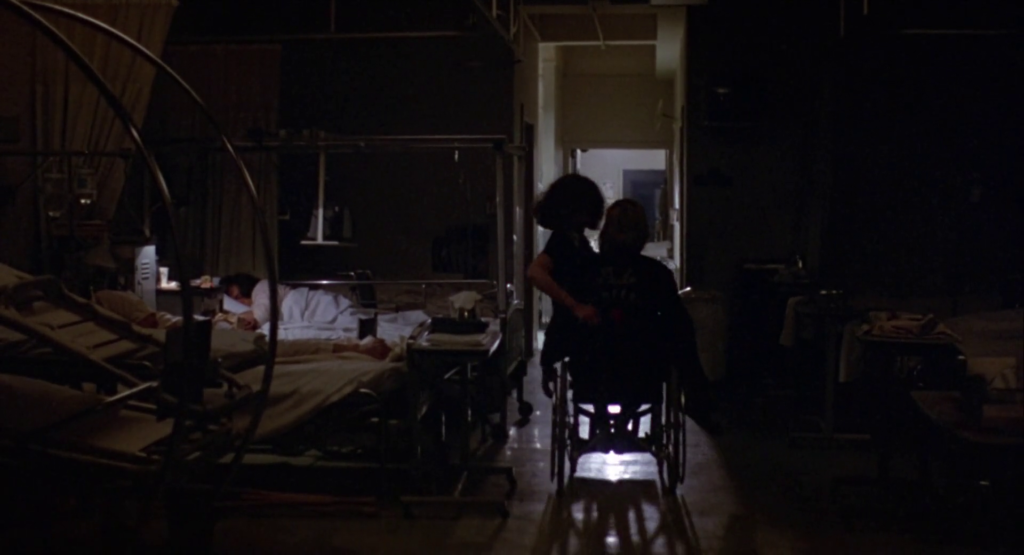

Must See?
Yes, as an enduring post-war classic.
Categories
- Noteworthy Performance(s)
- Oscar Winner or Nominee
Links:
|
